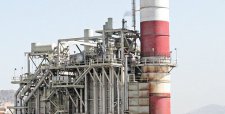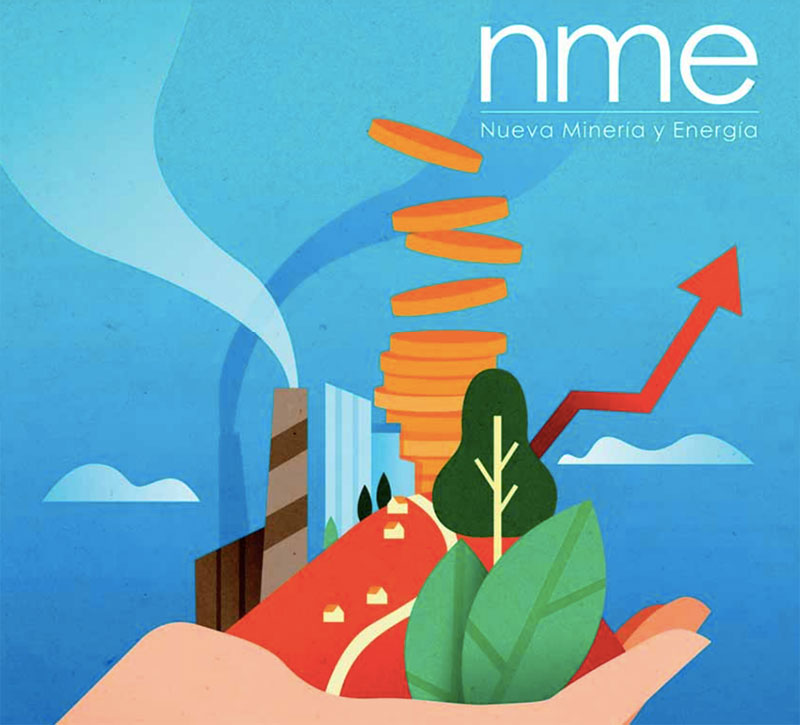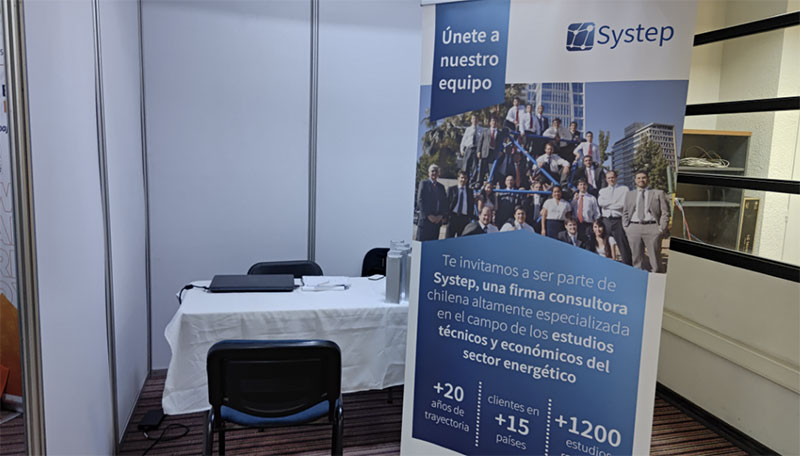
Power plants with inflexible contracts will be forcibly dispatched, displacing coal- and diesel-fired units, the most expensive fuel.
Possible impact on projects due to rule to privilege gas-fired generation warned
The rule to privilege the dispatch of plants that use natural gas as fuel, which was put out for consultation by the National Energy Commission (CNE) at the beginning of June, could impact the future development of generation plants that use this fuel.
According to the latest report by the consulting firm Systep, the conditions under which the use of hydrocarbons for generation would be privileged, through the delivery to the coordinator of “sensitive” commercial data, such as contract prices and availability of hydrocarbons, have caused concern in some companies.
“The draft standard published by the CNE has sought to enhance the management of the infrastructure associated with existing LNG, addressing the treatment of Take or Pay supply. Central questions are how this proposed LNG standard will condition the development of new LNG generation projects and how competitive LNG generation price offers will be in the next tender,” the report states.
The essential part of the regulation states that companies that have inflexible LNG contracts and use this gas for the operation of their power plants will have dispatch privileges in the system and the coordinator will assign them a zero value, which will not affect the marginal cost. This will allow displacing the use of other fuels, such as coal and diesel, the latter being the most expensive of the matrix, and which in the first two weeks of June registered a 216% increase in its contribution to the system’s generation, causing marginal costs to jump.
According to Hugh Rudnick, academic and director of the consulting firm, although the regulation is positive, the complexity of the system, with a strong hydrological component of high variability, could limit the flexibility that the measure is intended to achieve.
“It’s not so clear what use natural gas can be put to in high hydrologies,” he argues.
Rudnick adds that the initiative is in line with the energy authority’s intention to increase the use of hydrocarbons, but that the detail of the information that the generators would provide to the system coordinator might “not be attractive” to some of the companies.
“The standard is requiring information that may take away some flexibility from generators regarding the management of their contracts, and this may not be so attractive to some of them,” he says.
The expert points out that it is also necessary to analyze the possible consequences for the system of the opening of a “secondary” natural gas market with exports to Argentina, which began in June and will continue until September.
The regulation stipulates that contract information must be delivered within six moving months, although some companies have proposed reducing this period to three months.



